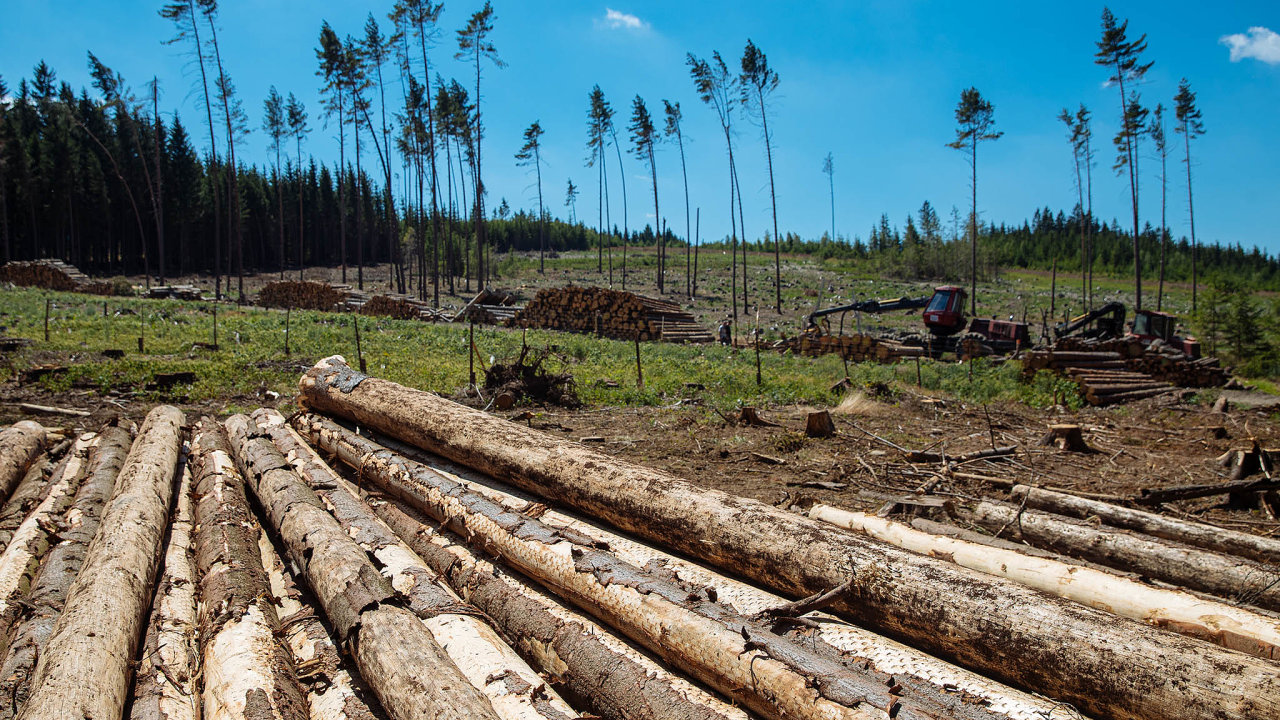
The Swiss timber market has so far navigated the pandemic “relatively well”, the Swiss Timber Commission (HMK), which met in Bern on June 24, assessed the current situation. Many construction projects approved last year are currently in the implementation phase. The sawing industry, in particular, has so far largely been unaffected by the corona crisis. Overall, the occupancy rate of the factories is now almost at the previous year’s level, sometimes even higher.
In the past few months, however, the situation has been very different regionally. While the corona crisis had little effect on sawmill production in German-speaking Switzerland, some companies had to register short-time work in western Switzerland and Ticino, partly because these regions were particularly hard hit by the pandemic and partly because of the export to Italy and France had almost come to a standstill. In the meantime, however, the sawmills are again operating in these regions.
The sawing industry is currently experiencing difficulties because of the strong Swiss franc and the lack of sales opportunities for by-products. The Swiss Krono Group, the most important by-product customer in Switzerland, is currently experiencing a drop in sales of some of its products. That has a negative impact on the consumption of by-products. The company responds by performing annual revisions to its production facilities a few weeks earlier than usual. The paper industry also has to reduce the acceptance of residual sawn wood due to sales problems.
Concerning timber storage, the representatives of the sawing industry reported “normal to high” stocks of sawn timber, but due to the large beetle damage in spring, the log storage area is full. In view of the currently mild and relatively dry weather, forestry is expecting more beetle wood in the coming weeks, which the woodworking companies can hardly absorb. If the sawn timber sales continue to run at the current level, some sawmills can stock up on beetle wood; This is also supported by reports from France, Austria and Germany. According to woodworkers based in France, the feared log flood has so far failed to materialize and the Tyrolean sawmills are again picking up wood from Switzerland. In Germany, the raw wood quantities are also processed. However, if the beetle infestation occurs again in July, the purchasing capacity of the timber industry can quickly be exhausted.
Both the forest representatives and the industry side at HMK see a basic need for additional storage options in the regions particularly affected by the bark beetle. The industry as well as the Confederation and the cantons are asked to quickly look for solutions and to share the risks.





